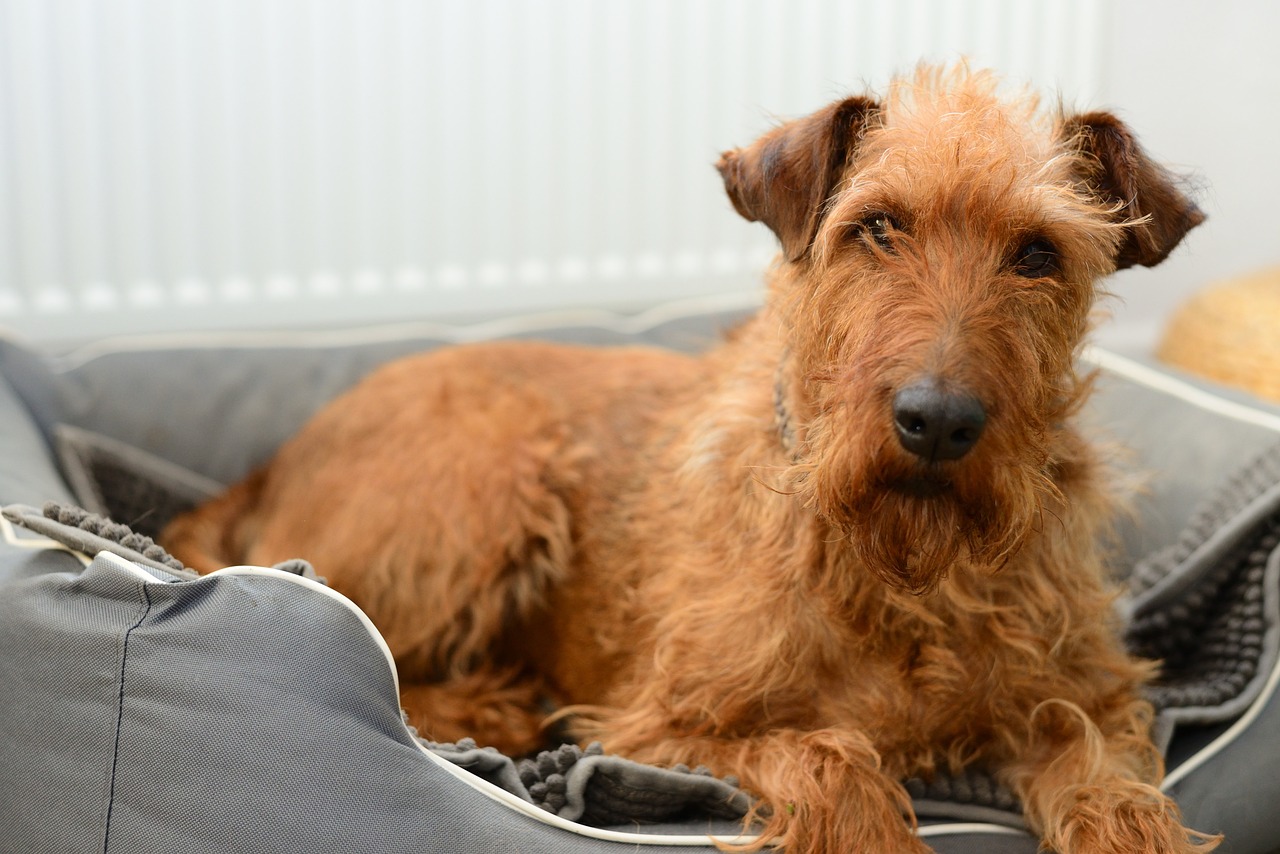An Overview of Nuada of the Silver-Hand
Nuada of the Silver-Hand stands as a prominent figure within the rich tapestry of Irish mythology, hailed as the inaugural king of the Tuatha dé Danann. Renowned for his integrity and judicious leadership, Nuada guided his people to prehistoric Ireland, engaging in fierce confrontations against the formidable Fomorians.
Etymology
The name Nuada, sometimes referenced as Nuadu, likely traces its origins to the Proto-Celtic term noudent-, which might convey the meaning of “to obtain through hunting.” Some linguists propose that this term may have roots in Germanic languages rather than Celtic ones, possibly extending back to the Proto-Indo-European *neu-d-. The title bestowed upon Nuada, Airgetlám, translates to “of the Silver Hand,” and he was occasionally known as Elcmar.
Attributes
Nuada exhibited exceptional skills as both a hunter and fisherman among his people. As a ruler, he was sensible and recognized the capabilities of every member of his court. Fairness characterized his governance, as he established just laws for his subjects and adhered to them, even if they were not always beneficial to him personally. Amongst his possessions was one of the Four Treasures of the Tuatha dé Danann—a sword with the formidable ability that once unsheathed, no one could evade or protect themselves from it.
Despite ending his reign, Nuada remained a significant figure in the court at Tara, the hallowed site of the High Kings of Ireland. He is believed to have resided at Brú na Bóinne until he was outmaneuvered into relinquishing both his dwelling and his wife to the Dagda. His legacy influenced various Irish locations, such as Maynooth, which translates to “Nuada’s Mound.”
Family Ties
Nuada was married to Boann, the goddess associated with the River Boyne; however, their union bore no offspring, ultimately resulting in their divorce. His brothers, Dian Cécht and Goibniu, were masters within their crafts. This made him the uncle of Cian and the great-uncle to Lugh via Dian Cécht.
Family Tree
- Siblings
- Brothers: Dian Cécht, Goibniu
- Consorts
- Wife: Boann
Mythological Significance
Nuada frequently appears in the narratives of the Children of Danu. He directed the Tuatha dé Danann to Ireland from the northern lands, initially establishing a foothold before setting up his court at the Hill of Tara. His homestead at Brú na Bóinne became a landmark until the Dagda outsmarted him into forfeiting both his home and spouse. Upon their arrival in Ireland, the Tuatha dé Danann had yet to dominate the land, which was primarily under the rule of the Firbolg and the monstrous Fomorians. Nuada devised a stratagem to conquer both tribes.
The First Battle of Moytura
In the First Battle of Moytura, which took place at Cong, Nuada and his people battled the Firbolg for sovereignty over the island. The Tuatha dé Danann achieved victory through a series of contests, although it came with a heavy toll. Nuada lost his hand during the conflict when Sreng mac Sengainn struck it off. Given his own laws, which mandated that a king must be physically whole, this loss disqualified him from kingship. In his last act as ruler, Nuada ceded control of Connacht to Sreng, honoring him for his valor, and appointed Bres as his successor.
The Second Battle of Moytura
The decision to appoint Bres as king proved detrimental, as he was half-Fomorian and a cowardly leader. Under his rule, the Tuatha dé Danann found themselves subjugated by the monstrous race. Nuada’s brothers, Dian Cécht and Goibniu, devised solutions, creating for him a silver prosthetic hand—giving him the title associated with it—and eventually crafting a magical hand of flesh and blood. With Nuada restored and prepared to reclaim his throne, his brothers orchestrated a coup against Bres.
As they celebrated the return of Nuada, a young warrior named Lugh emerged in the court, showcasing his numerous talents. Impressed, Nuada asked Lugh to develop a strategy for the ultimate battle against the Fomorians. Unknown to Nuada, Lugh was the half-Fomorian, half-Tuatha dé Danann grandson of Balor of the Evil-Eye, prophesied to slay his nearly invulnerable grandfather.
The climactic battle unfolded in County Sligo, culminating in Balor decapitating Nuada. However, Lugh sought revenge by slaying his grandfather Balor, which guaranteed the Tuatha dé Danann’s victory. Following this, Lugh ascended to kingship, mirroring Nuada’s prosperous rule.
Other Mythological Links
Various later mythological figures in Ireland were named Nuada, weaving in characteristics reminiscent of him. Over time, diverse figures from legends became so intertwined that medieval scholars faced challenges distinguishing between the numerous entities named Lugh and Brigid. Additionally, Nuada corresponds to the Gaelic deity Nodens, associated with hunting, while in Welsh mythology, he is recognized as Nudd or Lludd Llaw Eraint, adorned with a silver hand. Scholars like J.R.R. Tolkien have noted parallels between Nuada and other mythological characters, including the Roman god Mars and the Norse god Tyr, who also bear the mark of a missing hand.
Cultural Representations
Nuada has permeated contemporary culture in several notable instances, including:
- In Hellboy 2, Prince Nuada serves as the principal antagonist, aiming to reclaim the world from humanity with the assistance of the Golden Army, advocating for a reign of non-humans.
- Within Marvel Comics, he is depicted as a deity from the Celtic pantheon, featuring multiple incarnations and battling a counterfeit Nuada tainted by corruption.
- The Megami Tensei series presents Nuada as Airgetlam, manifesting as a demon appearing sporadically throughout the franchise.



